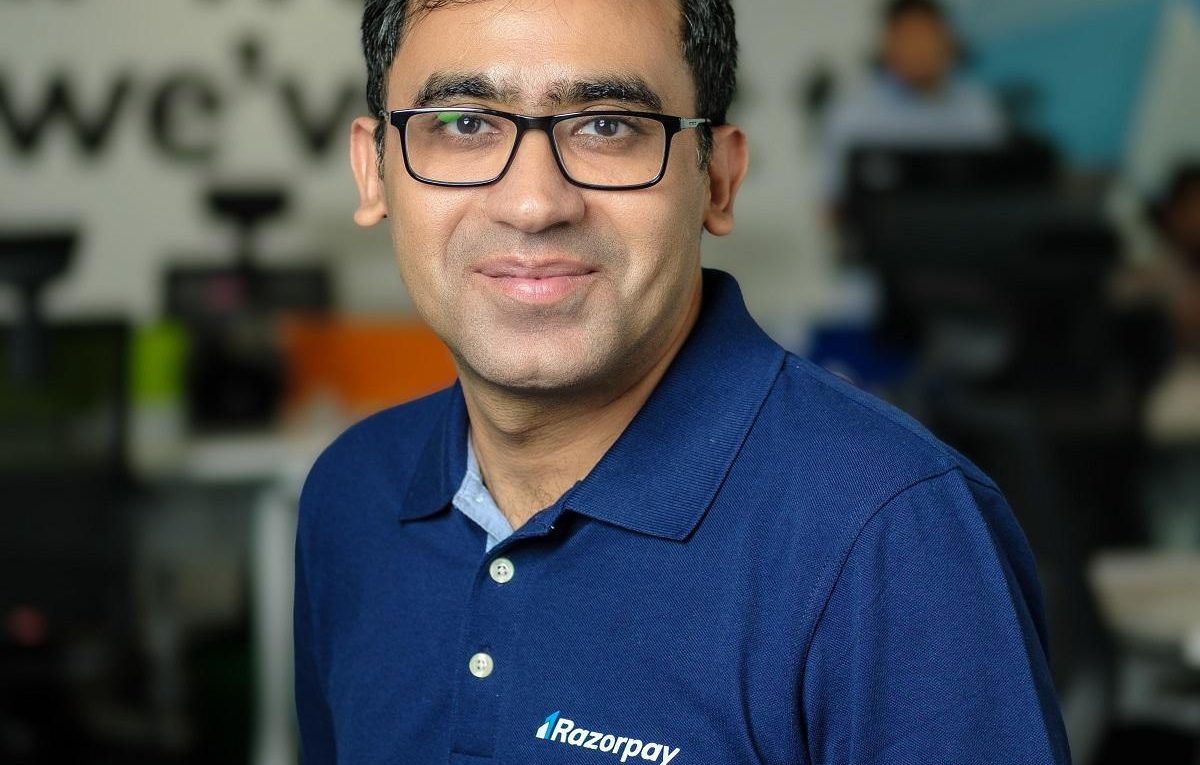Diversity in India’s ecosystem aids Razorpay’s global forays, says CFO | Start Ups – Business Standard
Razorpay chief financial officer (CFO) Arpit Chug
India’s complex payments market and a tough regulatory ecosystem have emboldened Razorpay and are helping the fintech firm’s planned expansions into South East Asia and West Asia, the company’s chief financial officer (CFO) Arpit Chug said.
Razorpay made its foray into Malaysia in 2022 and is now eyeing Indonesia, Vietnam, and the Philippines for expansion into the South East Asia region.
“The complexity that we have had to deal with to be successful and market leaders in India makes our technology suite so strong that we feel very confident when we go to any of the international markets. We are more experienced than people who have not experienced trying to handle the Indian market,” he said.
Razorpay, which is looking for a public market foray in the next two to three years, is also moving its domicile to India.
“We are working on the timing of shifting the domicile and various aspects related to it. It requires a few changes such as a bunch of approvals from various stakeholders in India and abroad. How much it will cost is a question that I’m unable to answer at this point since it is a function of a number of variables,” he said.
Last year, when fintech player PhonePe decided to move its domicile to India, its investors had to shell out Rs 8,000 crore for the move.
On Initial Public Offer (IPO) plans, Chug said the immediate focus is profitability. “What we are looking to do over the next couple of years is focus on big investments while moving towards profitability at a consolidated level,” he said.
He also said that once the company achieves this, only then will it look at an IPO. “It’s a two-year plus event for us. We are doing lots of work which includes sound processes such as closing books on time, having big four auditors, best in class ERP system,” he said.
Chug said at present the company is focussed on a spectrum of customers including enterprise merchants, and small and medium enterprises (SMEs).
The company diversified itself from payments last year after the Reserve Bank of India (RBI) asked it, along with a bunch of other fintech players, to stop taking onboard new merchants.
“For a few quarters, we were not onboarding merchants. We focused on how to increase our (services) with our existing merchants, as well as new product offerings. During 2023, we scaled up a lot of new offerings. This included our PoS business after the acquisition of Ezetap and expanding our services like payroll and payouts,” he added.
Razorpay secured a Payment Aggregator (PA) licence from the banking regulator in December last year, enabling it to onboard new merchants.
“In the coming weeks, you’ll see online payments become a smaller percentage of our revenue base. Regarding diversification, payments were the business that we started with and gave us a huge funnel of merchants that we support, but over the years, we have been adding more products and features to cross-sell more services to these merchants,” he said.
However, with Paytm’s stock price taking a plunge after the central bank imposed restrictions on its operations last month, retail investors may be wary of investing in fintech companies. One97 Communications, which operates brand Paytm, has seen its share price fall from Rs 761 on January 31 to Rs 427.95 on February 26 this year.
“As a financial services business, you have greater fiduciary responsibility than any other business. Our focus is to remain focused on compliance. With all the things happening around (in the market), there’s probably a bit of a need to highlight this to relevant stakeholders more than usual now,” Chug said.
First Published: Feb 26 2024 | 9:38 PM IST
